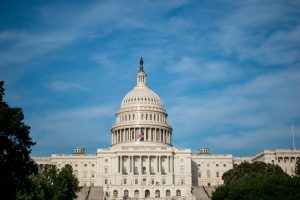Final thoughts
They say all’s fair in love and war. But that doesn’t seem to be the case in steel. Being deemed “unfair” could get you slapped with shiny new Section 232 tariffs these days. Then again, “unfair” implies a judge. And people on opposing sides seldom agree with the judgment. Such seems to be the current case between the US and Mexico.





